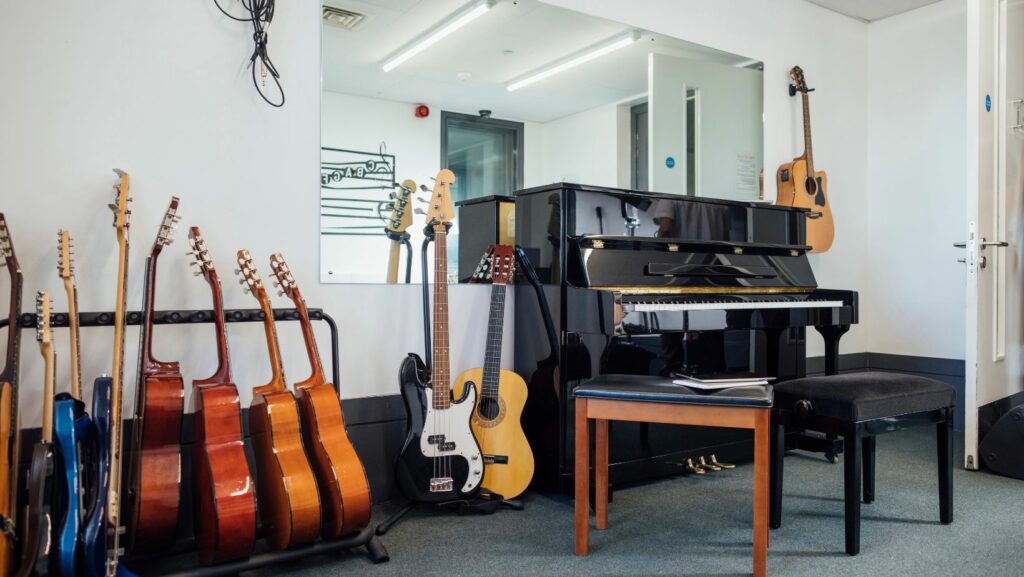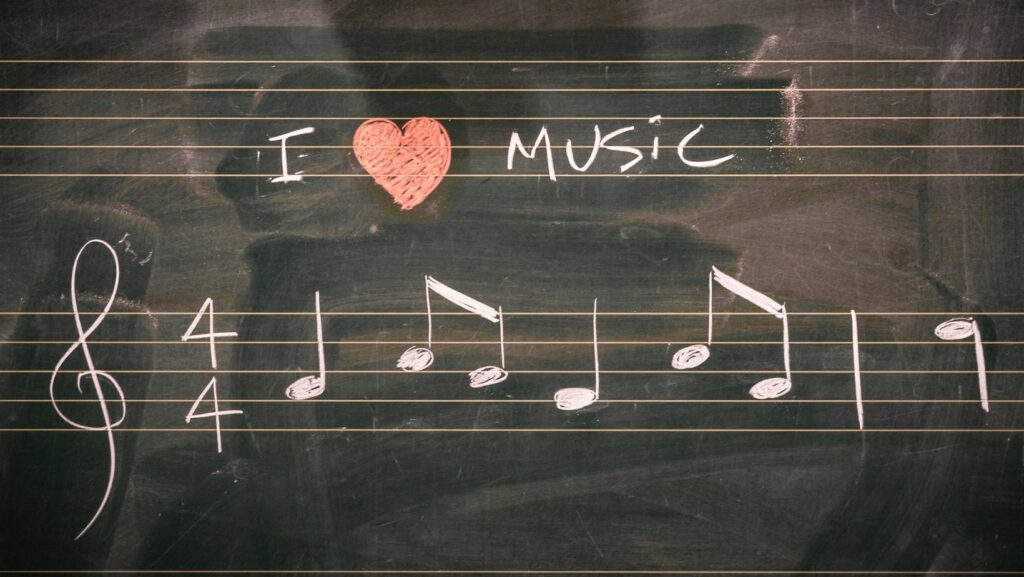What is Music Education
Music education is a vital component of academic curriculum, encompassing a wide range of disciplines such as music theory, history, performance, and composition. It plays a crucial role in fostering creativity, improving cognitive skills, and enhancing emotional development among learners of all ages. The structured study of music not only cultivates an appreciation for various musical genres but also instills discipline and perseverance in students.

One key aspect of what is music education is its ability to enhance brain function and academic performance. Research has shown that learning to play a musical instrument can significantly improve memory, concentration, and problem-solving skills. By engaging both hemispheres of the brain simultaneously, music education stimulates neural pathways that are beneficial for overall cognitive development.
Moreover, what is music education provides students with a platform for self-expression and personal growth. Through participation in ensembles or solo performances, individuals can boost their confidence levels and develop important social skills such as teamwork and communication. This holistic approach to learning not only nurtures musicianship but also prepares students for success in various aspects of their lives.
Understanding Music Education
As I delve into the realm of music education, it becomes evident that this multifaceted discipline goes beyond teaching notes and rhythms. It encompasses a holistic approach to nurturing creativity, critical thinking, and emotional intelligence through musical exploration.

When examining the impact of music education, studies reveal compelling benefits across various domains:
- Academic Performance: Research suggests that students engaged in music programs often exhibit improved performance in mathematics, language arts, and standardized tests.
- Cognitive Development: Music education stimulates brain development by enhancing memory, attention span, and problem-solving skills.
- Emotional Well-being: Through musical expression, individuals can explore and articulate complex emotions, fostering resilience and empathy.
In practice, music education takes diverse forms ranging from traditional classroom instruction to community-based initiatives. Whether learning an instrument, participating in choir ensembles, or studying music theory, students gain not only technical proficiency but also invaluable life skills.
By embracing the transformative power of music education, educators empower learners to discover their unique voices and cultivate a lifelong appreciation for the art form. As advocates strive for equitable access to quality music programs worldwide, the profound impact of these initiatives continues to resonate within communities.
Historical Context of Music Education
Exploring the historical context of music education unveils a rich tapestry of influences and developments that have shaped its evolution over centuries. From ancient civilizations to modern educational systems, music has played a significant role in the growth and development of societies worldwide.
The Ancient Beginnings
- In ANCIENT CIVILIZATIONS like Greece and Rome, music was an integral part of education.
- Music was seen as essential for developing well-rounded individuals with a balance of physical, mental, and emotional capacities.
- Scholars like Plato and Aristotle emphasized the importance of music in moral education.

Medieval and Renaissance Period
- During the MIDDLE AGES, religious institutions were primary centers for musical learning.
- Music notation developed significantly during this time, enabling compositions to be preserved and shared more widely.
- The RENAISSANCE saw a revival of interest in music education among the aristocracy and clergy.
Enlightenment to Modern Times
- The ENLIGHTENMENT era brought about a shift towards secular education, leading to the inclusion of music in schools.
- In the 19th century, pioneers such as Pestalozzi emphasized the value of music in child development.
- The 20th century witnessed formalization of music education programs within school curricula across many countries.
Understanding this historical backdrop provides insights into how music education has evolved from its roots in antiquity to becoming a structured discipline embraced by educational institutions globally.
Benefits of Music Education
Music education offers a plethora of advantages that extend beyond simply learning to play an instrument. Here are some key benefits:
- Enhanced Cognitive Skills: Engaging with music can improve cognitive abilities such as memory, attention, and problem-solving skills. It stimulates the brain in unique ways that promote overall mental development.
- Emotional Development: Music has the power to evoke emotions and teach individuals how to express themselves effectively. Through music education, students can develop emotional intelligence and learn to navigate their feelings.
- Improved Academic Performance: Studies have shown that students involved in music tend to perform better academically. This could be due to enhanced focus, discipline, and creativity fostered through musical training.
